With 232 pages and an expanded 12″ by 12″ format, our biggest print issue yet celebrates the people, places, music, and art of our hometown, including cover features on David Lynch, Nipsey Hussle, Syd, and Phoebe Bridgers’ Saddest Factory Records, plus Brian Wilson, Cuco, Ty Segall, Lord Huron, Remi Wolf, The Doors, the art of RISK, Taz, Estevan Oriol, Kii Arens, and Edward Colver, and so much more.




Photo by Michael Muller. Image design by Gene Bresler at Catch Light Digital. Cobver design by Jerome Curchod.
Phoebe Bridgers makeup: Jenna Nelson (using Smashbox Cosmetics)
Phoebe Bridgers hair: Lauren Palmer-Smith
MUNA hair/makeup: Caitlin Wronski
The Los Angeles Issue
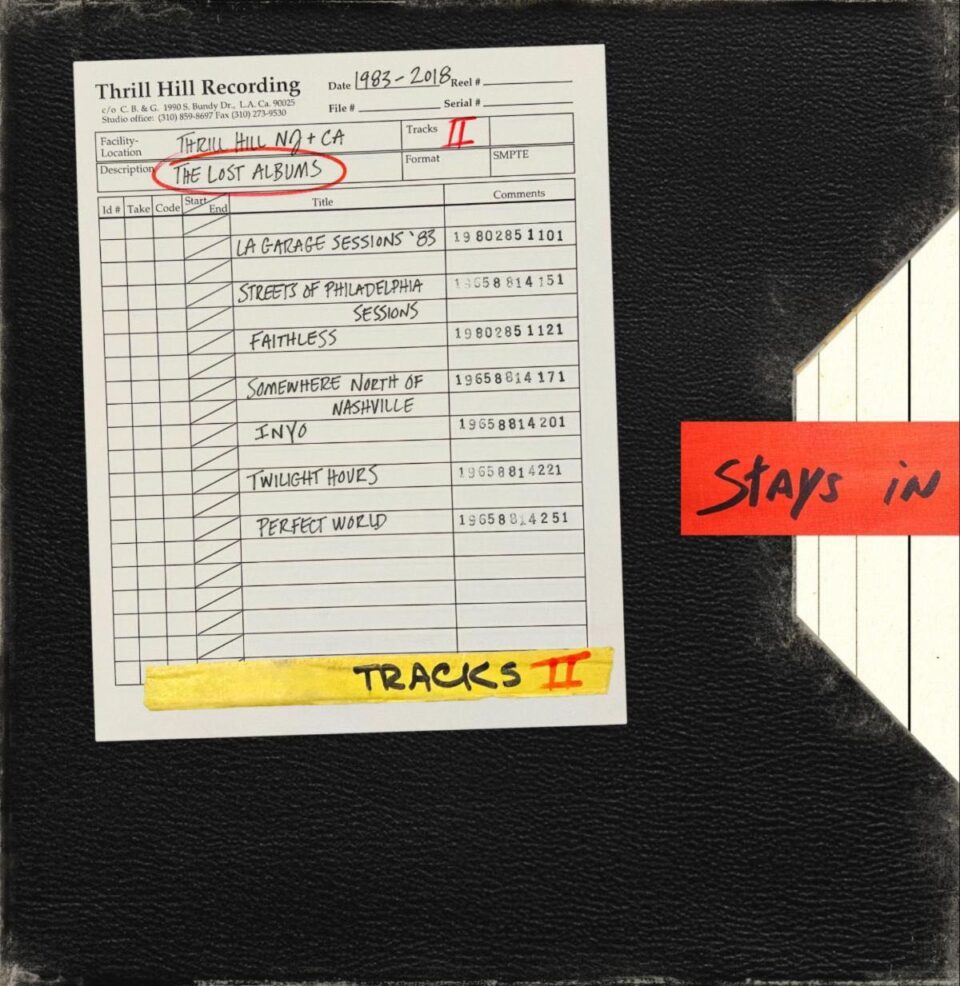
Bruce Springsteen, Tracks II: The Lost Albums
This new box breaks down seven well-framed sets of sessions spanning 1983 to 2018, essentially designed as full-album capsules of mood previously deemed unfit for canonization.

Gelli Haha, Switcheroo
The songwriter’s debut is carefree, sleazy, fundamentally arresting dance music—a multi-sensory circus serving to wallpaper the halls of dance-pop history with neon, acid-tinged nonsense.
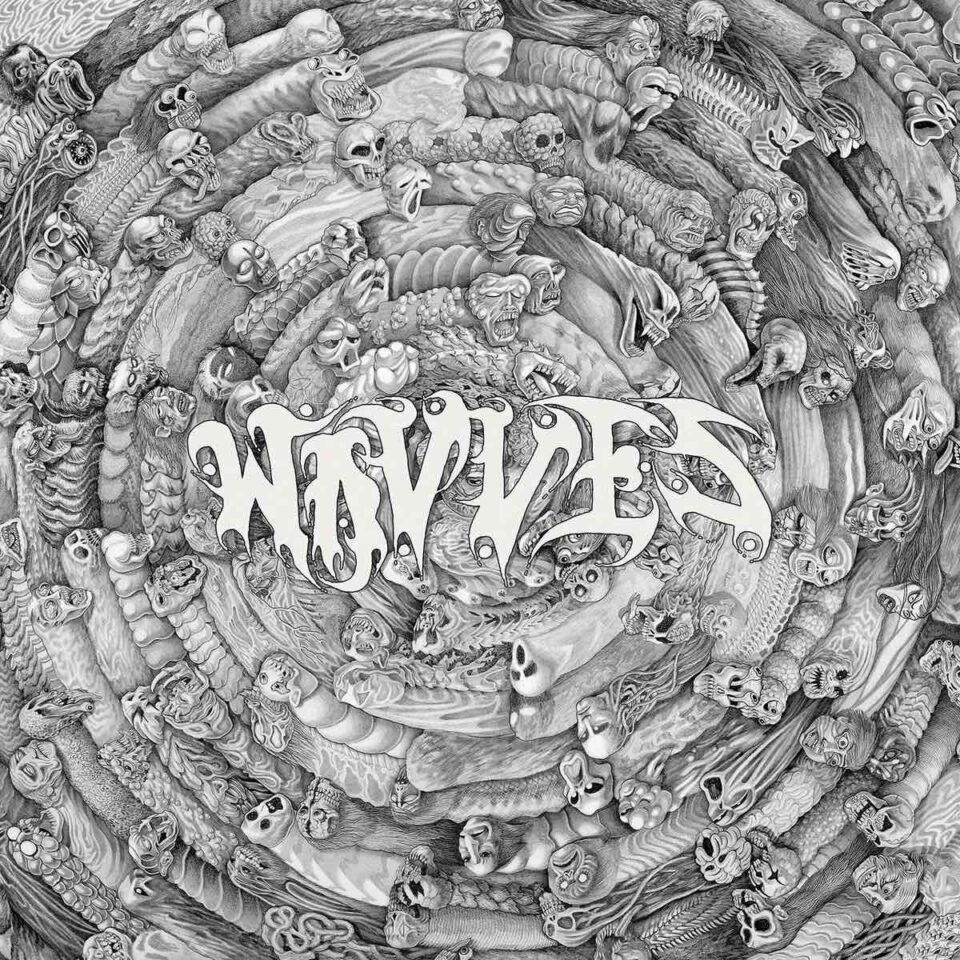
Wavves, Spun
The LA band’s eighth LP eschews distortion in favor of a cleaner pop-punk sound that both spotlights Nathan Williams’ songwriting chops and dulls the project’s compelling eccentricities.
A.D. Amorosi
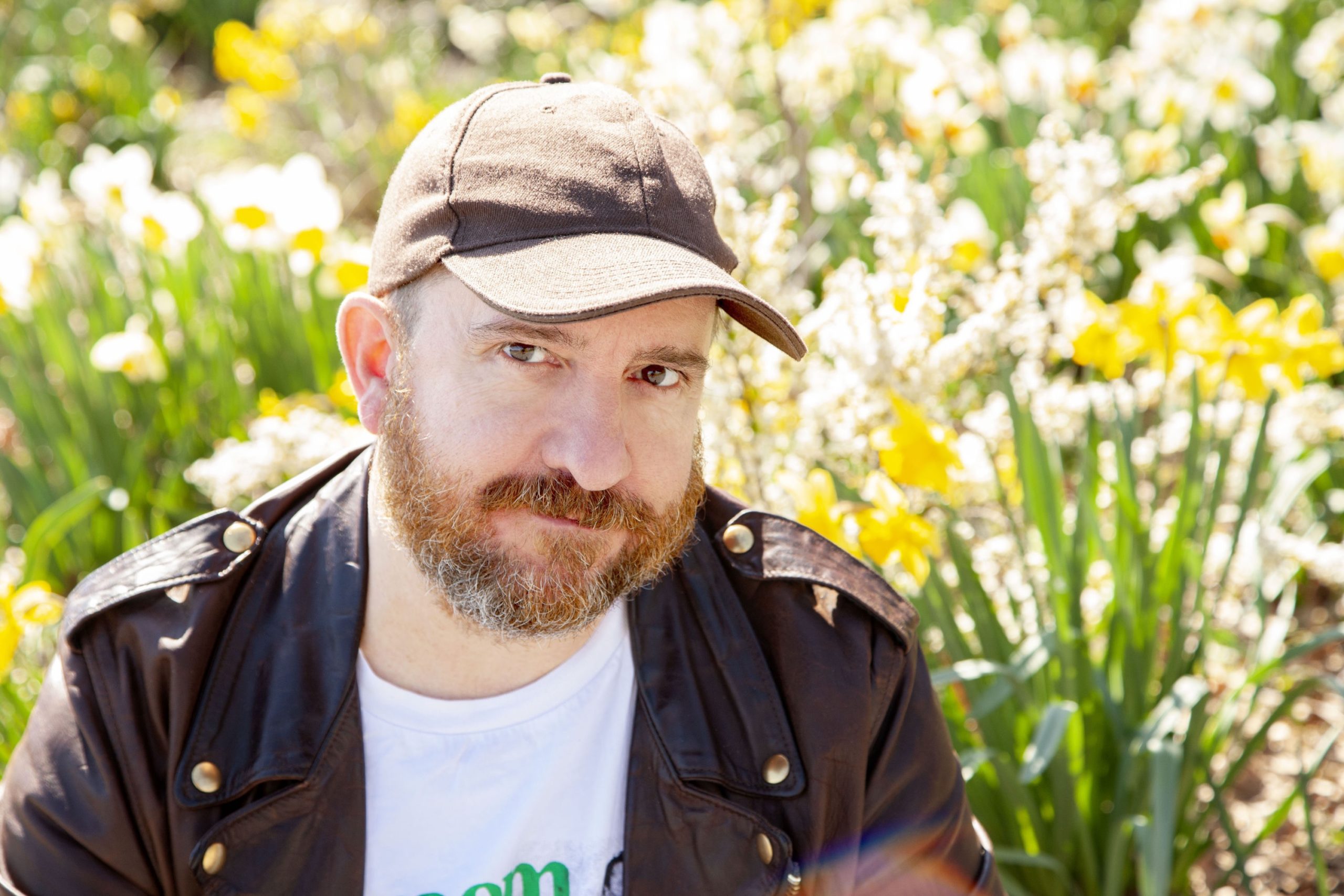
Merritt talks Florian Schnieder, dates with Jesus, and writing songs under the 2:15 mark.
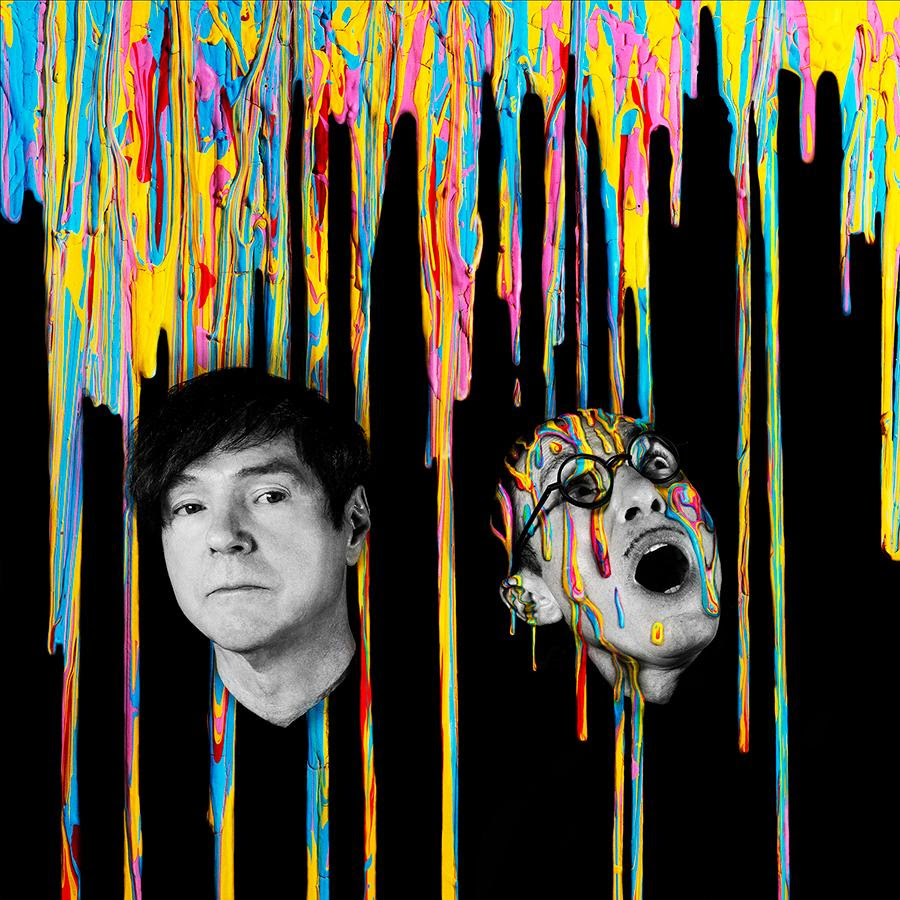
“Drip Drip Drip”is as unnervingly varied as most of the Mael brothers work—especially in the twenty-first century.
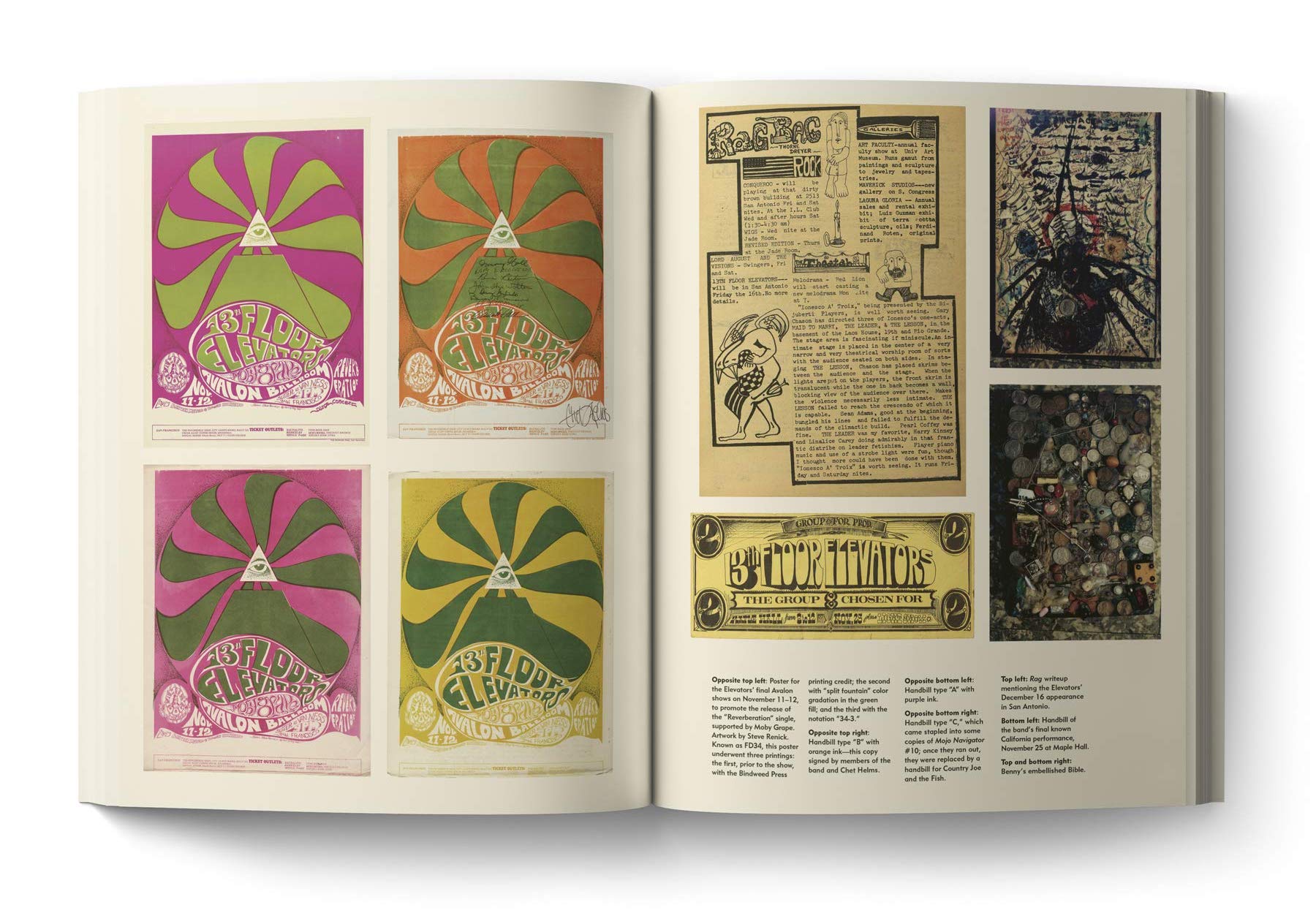
The new coffee table book on Roky Erickson’s band is out now via Anthology Editions.

Joan Wasser returns to a poignant form on her first album of deconstructed favorites in eleven years.
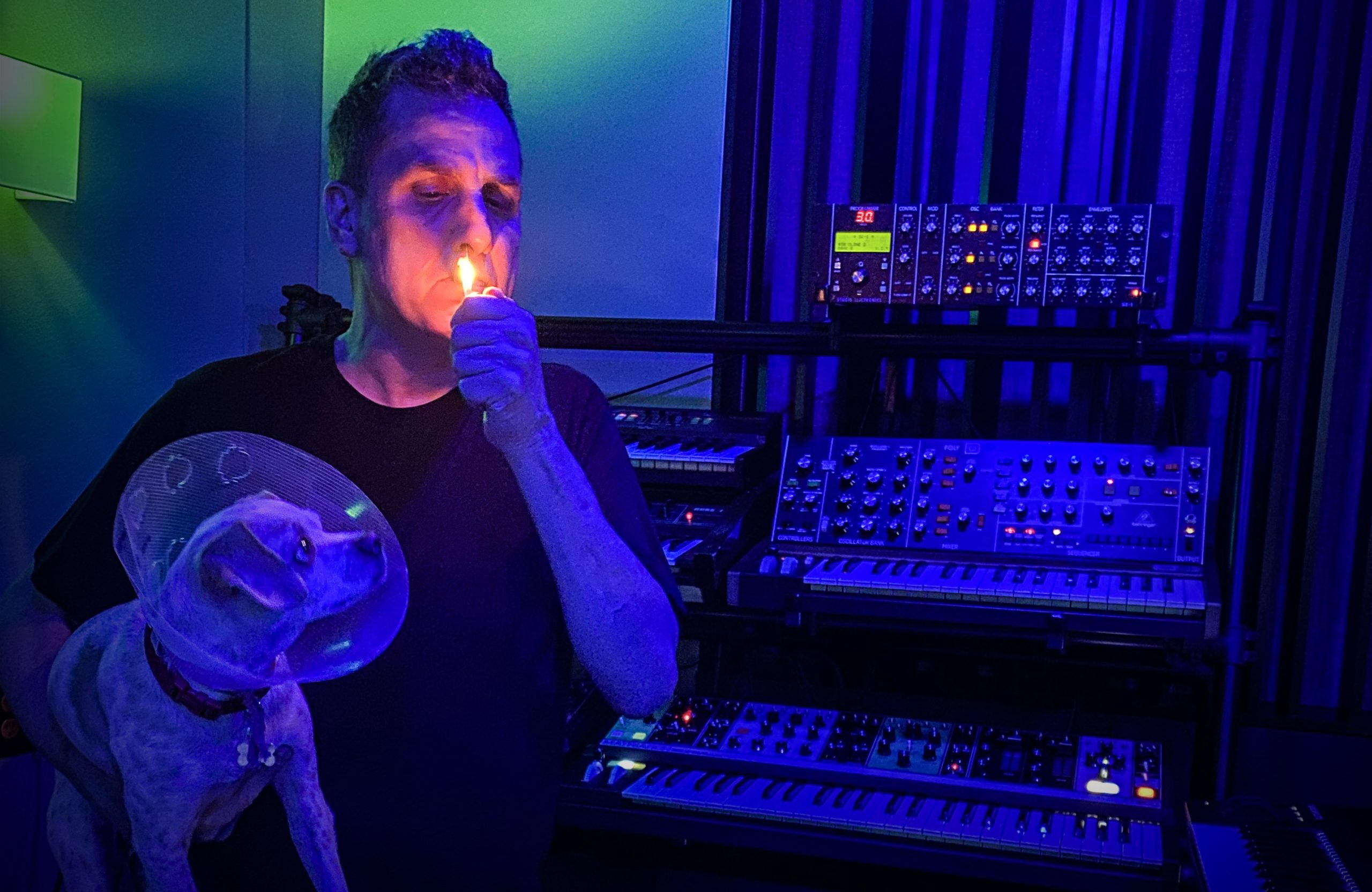
He’s produced for Kanye, Beyoncé, and Geto Boys—and he finally has a record of his own.
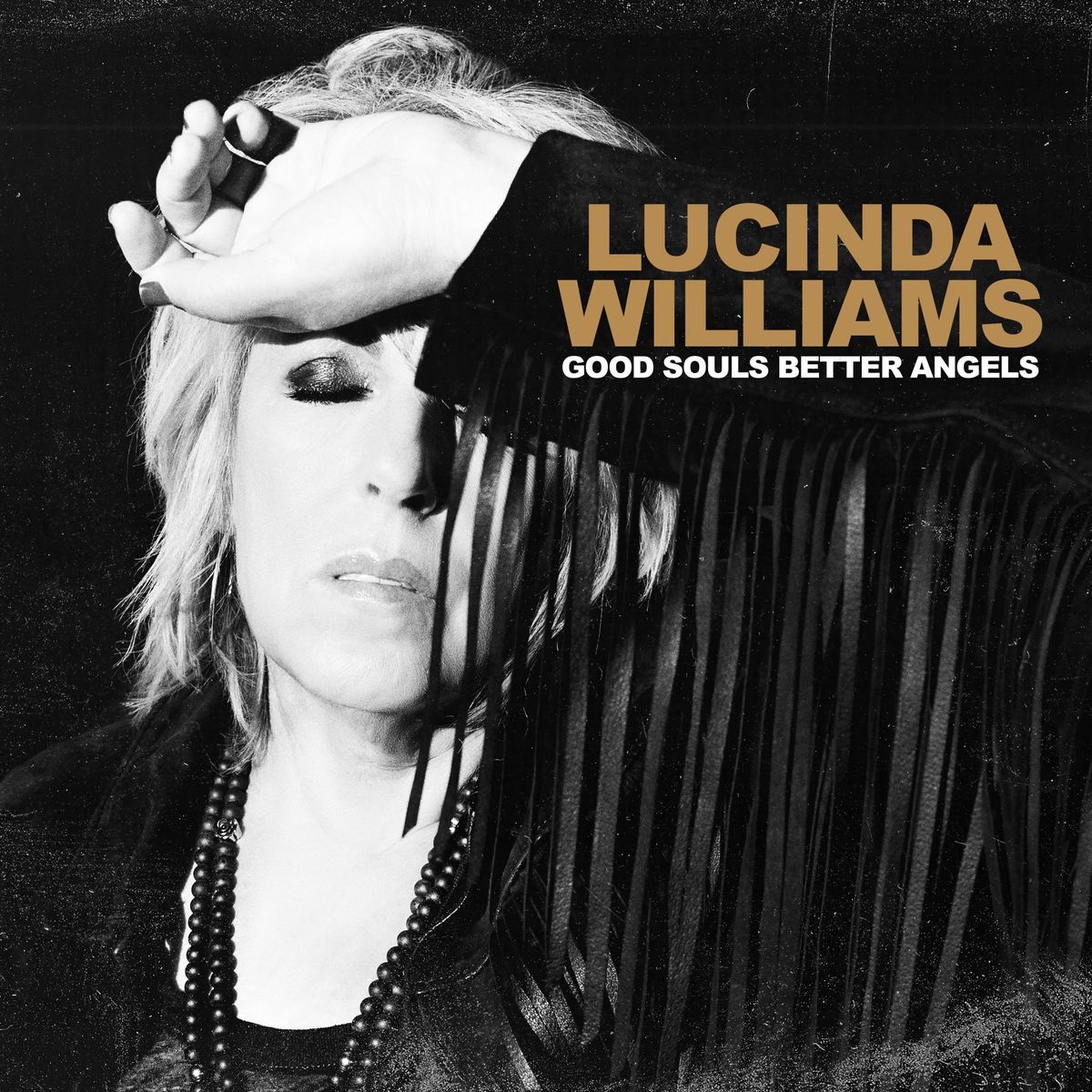
“Good Souls Better Angels” is one of Williams’ most live-wire works.
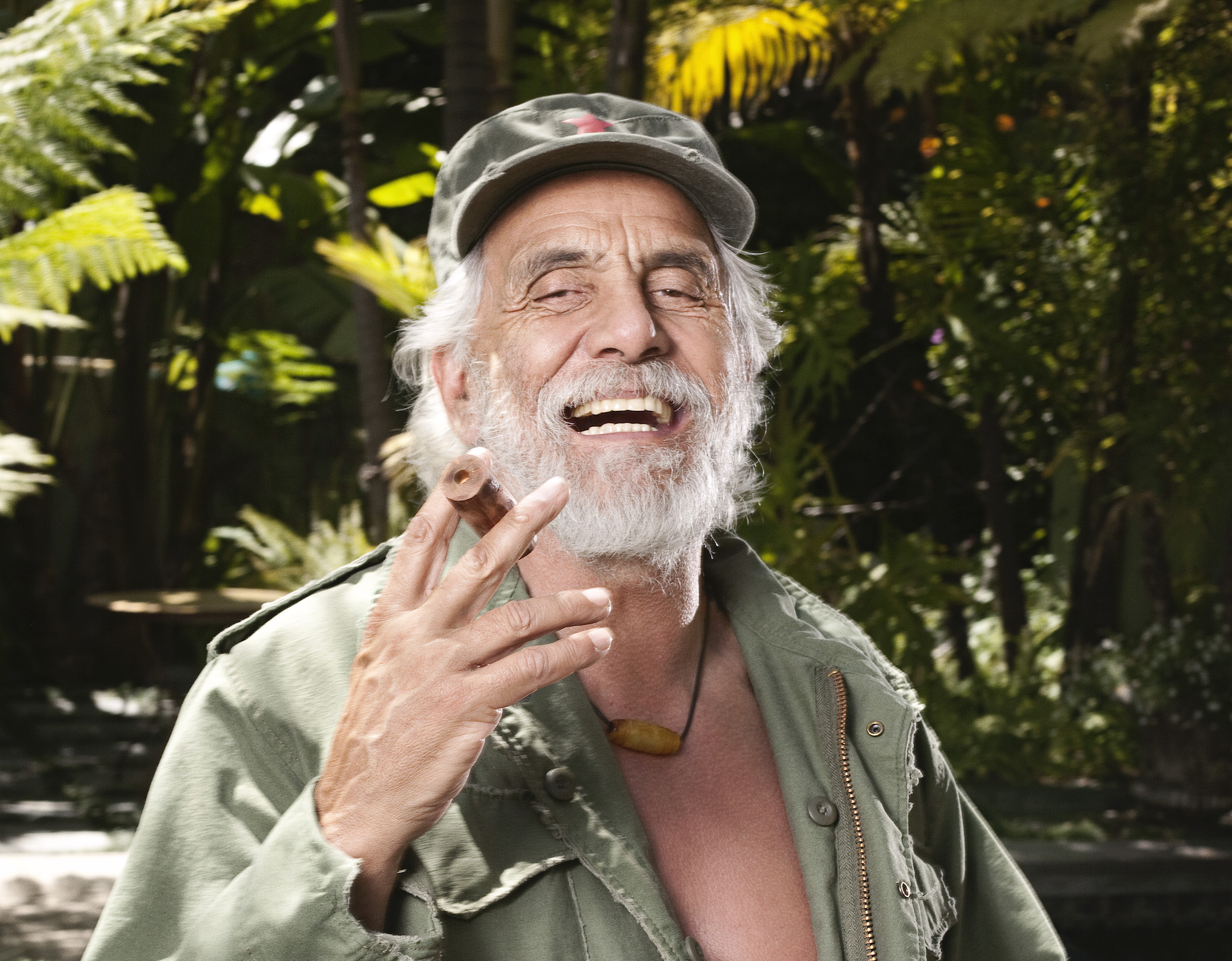
The godfather of cannabis culture on his comic past, the smoky present, and living long through Trump and COVID-19.
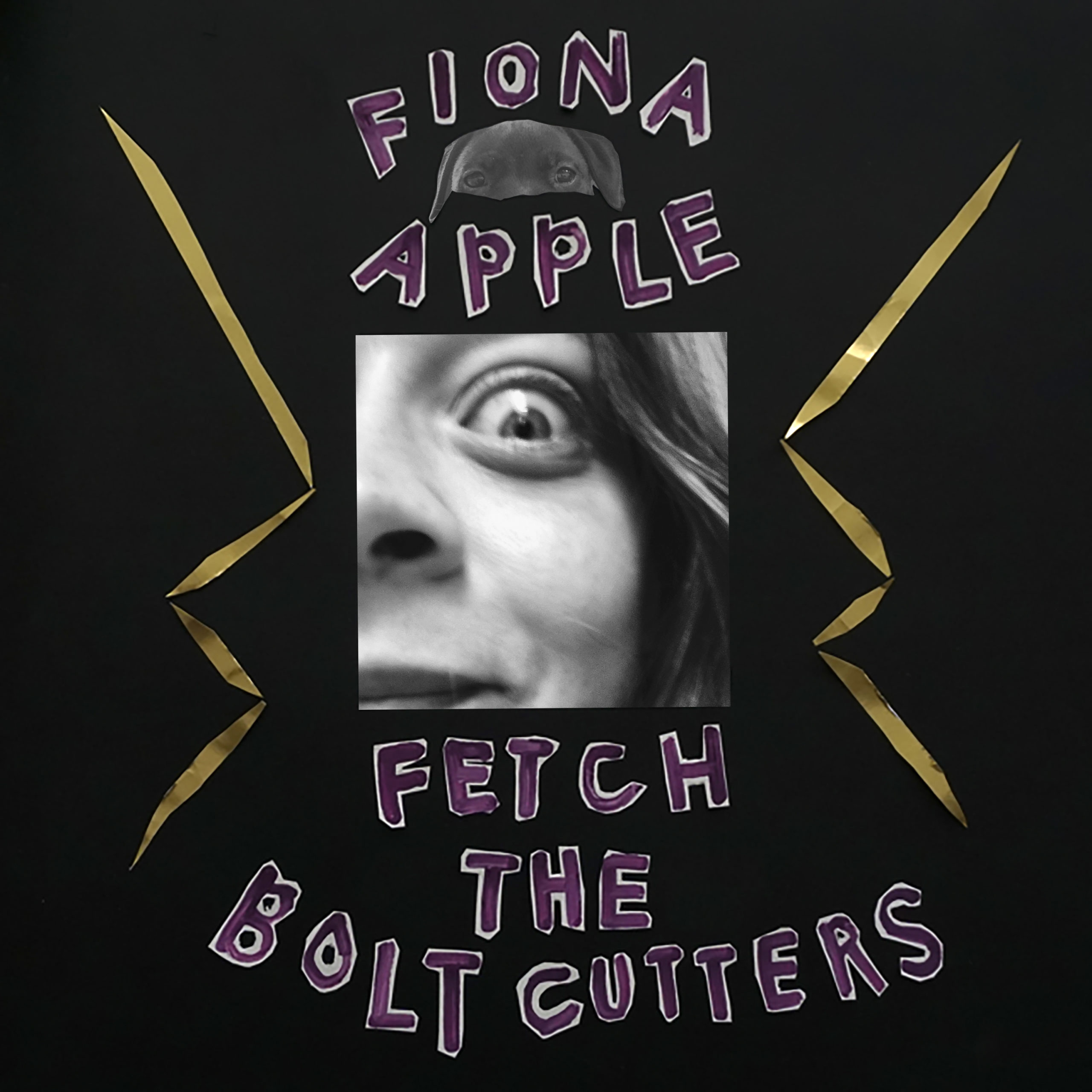
“Fetch” is as cold as it is overheated, as vibrant as it is humble.
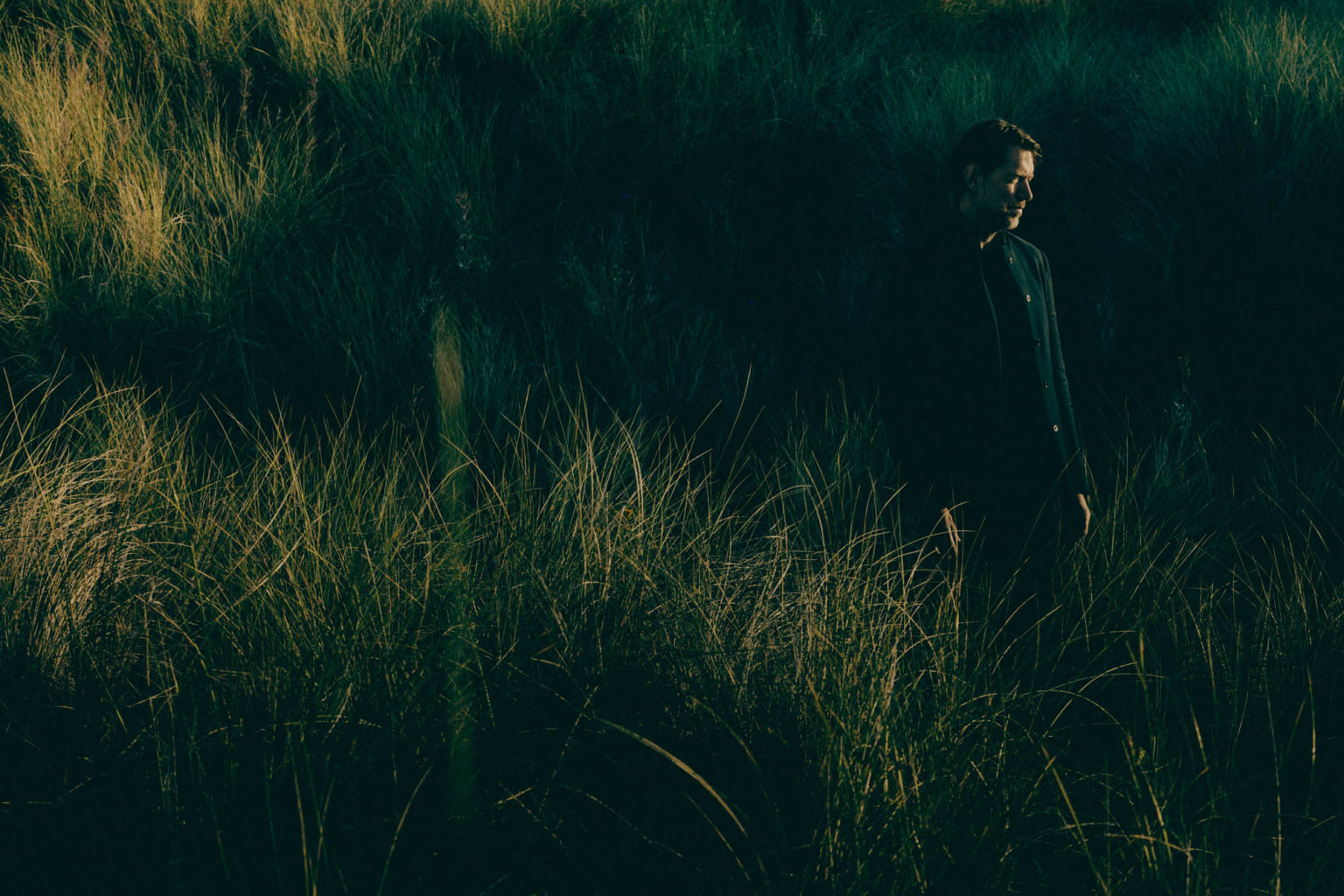
“This is a record from the heart about my reconnection to the planet, and the divine existential nature of it all.”

The reissue’s added tracks are all contextual red meat—no gristle or fat.
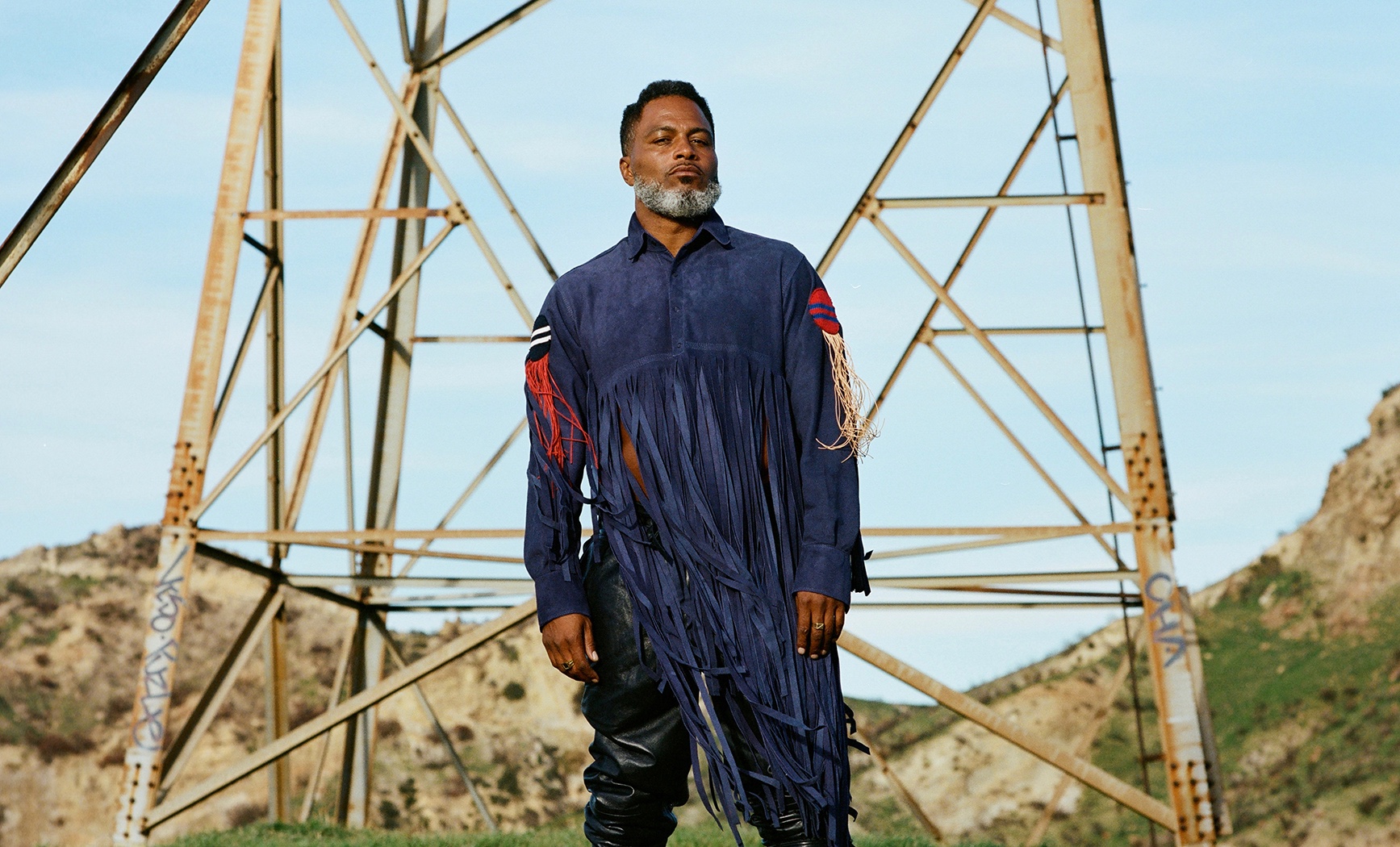
The ambitious rapper/producer opens up about his legacy and family.
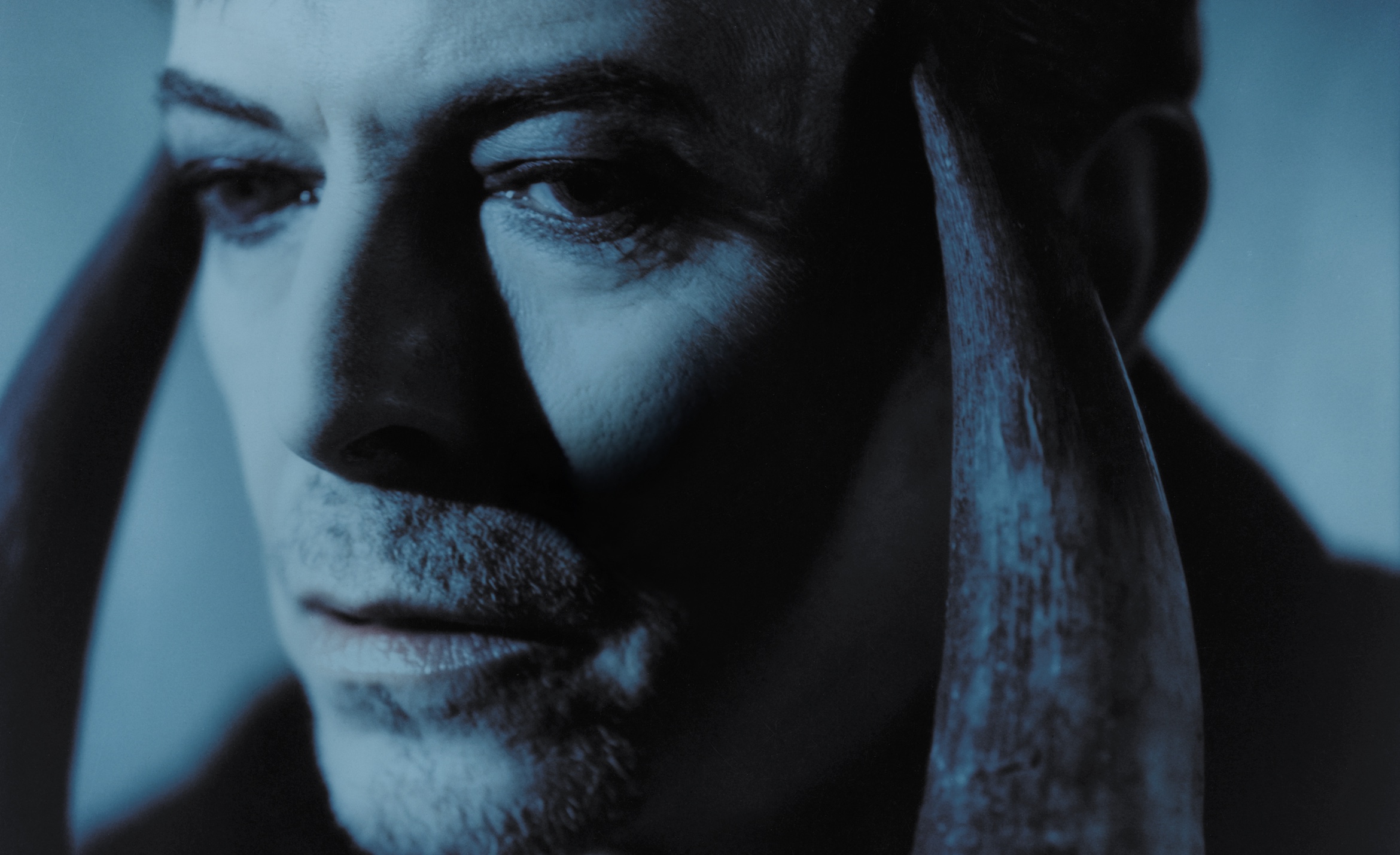
Cellist Maya Beiser and pianist Mike Garson discuss translating the artist’s work into something new.
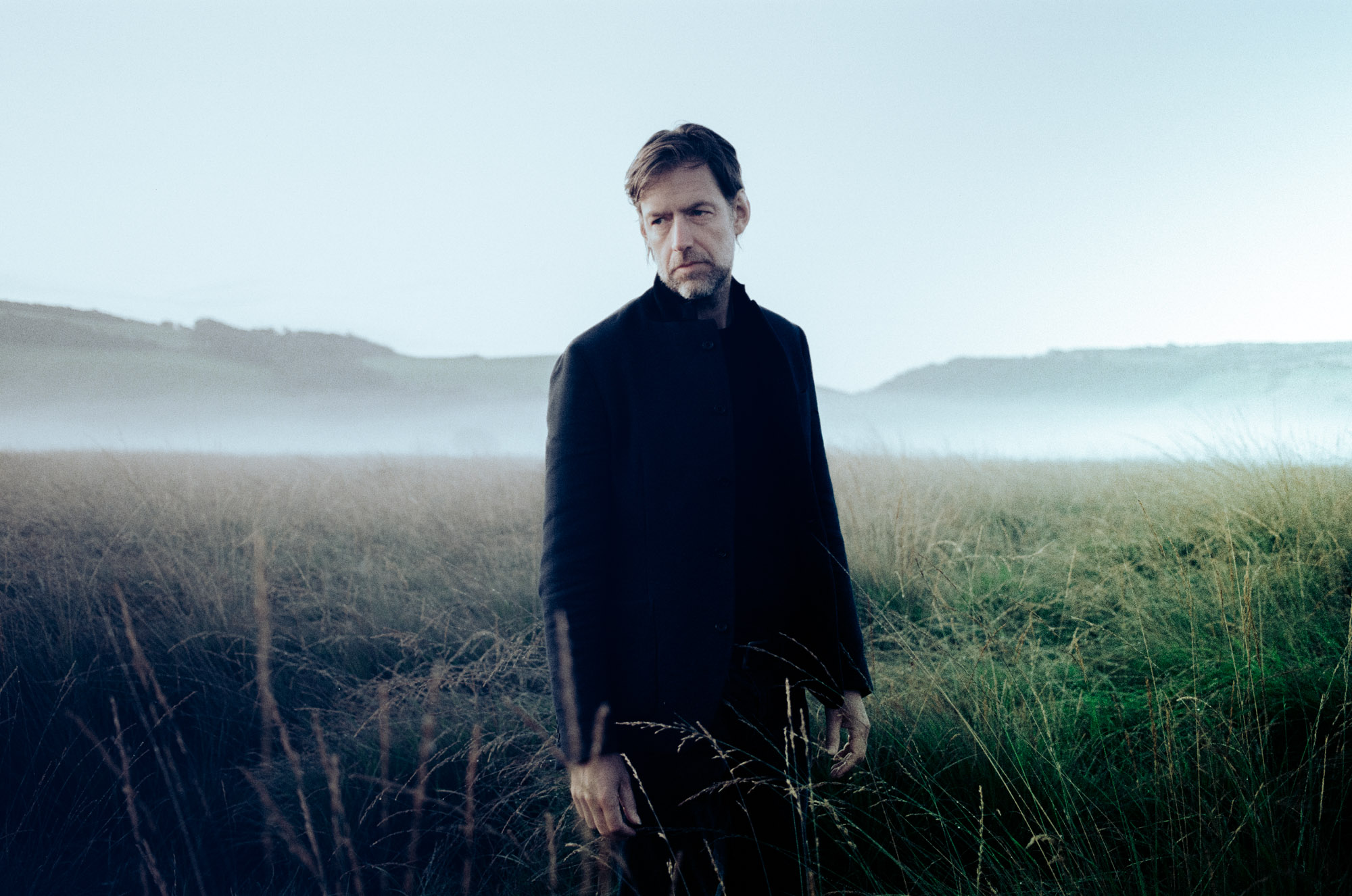
Though he suspects he has the virus, EOB’s record remains on track for release April 17.
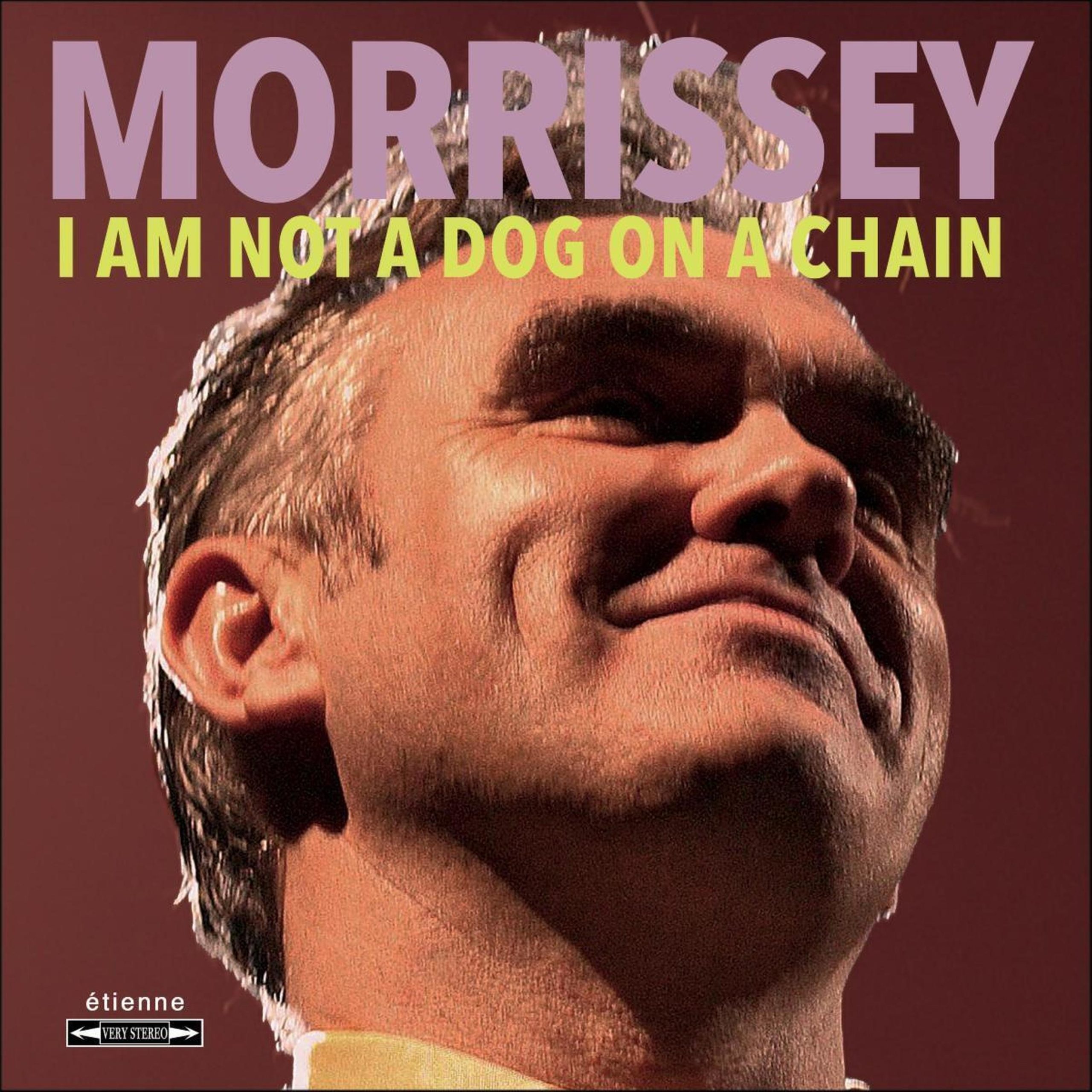
This album offers up some of his best performances, wryest lyrics, and most experimental arrangements in years.
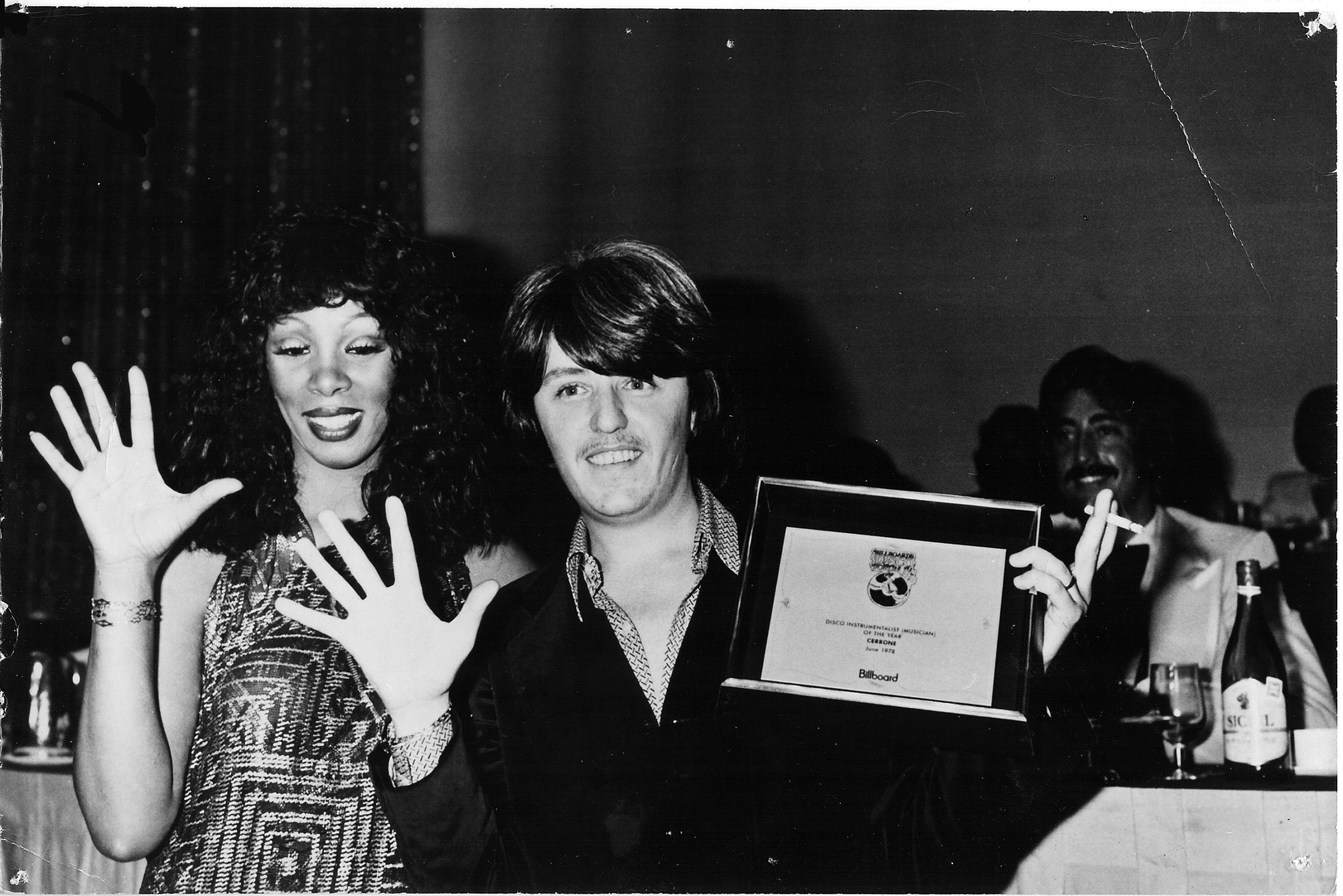
The French artist is among the most influential of the disco era, and one of dance music’s first trailblazers.
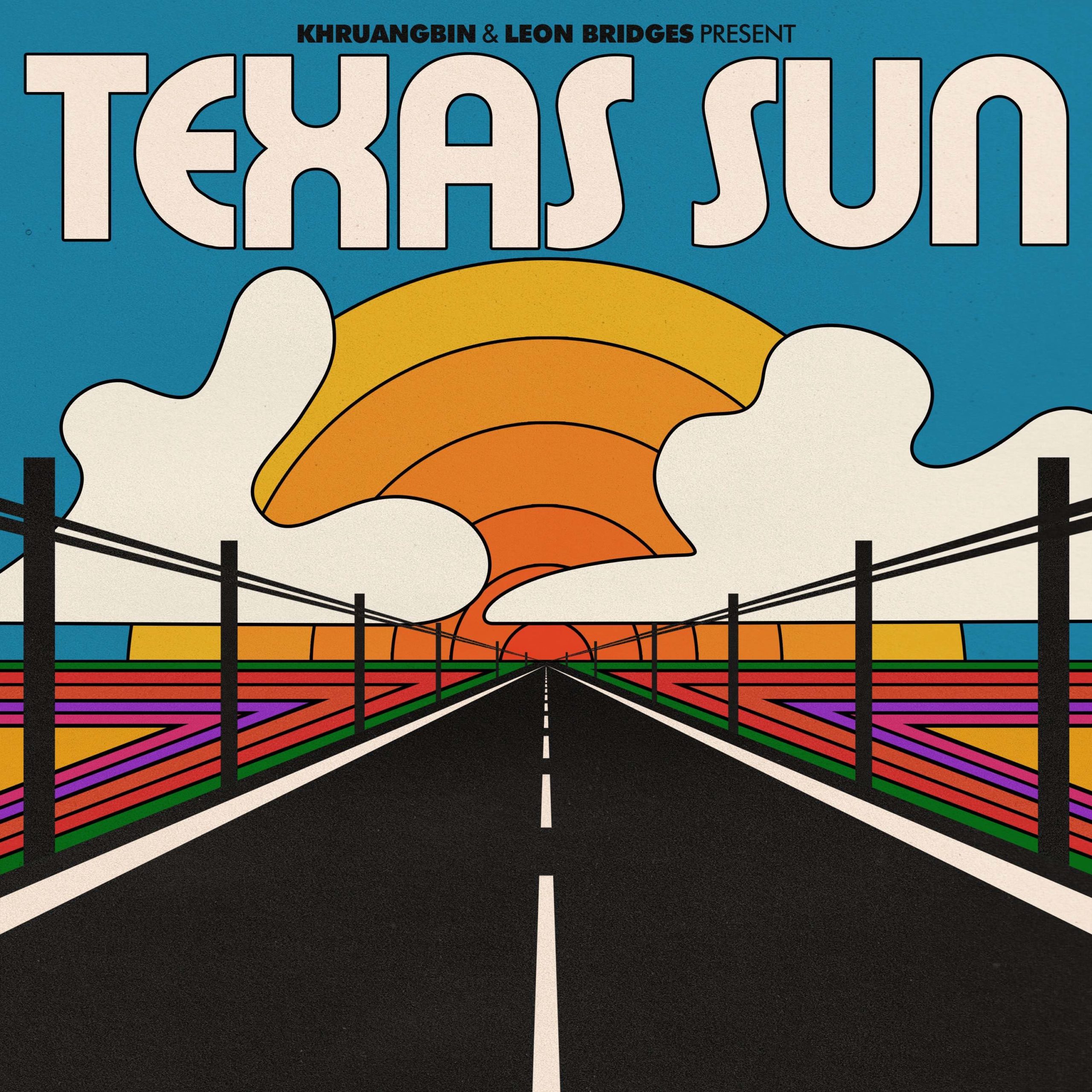
A show of unity between Texan soul makers.
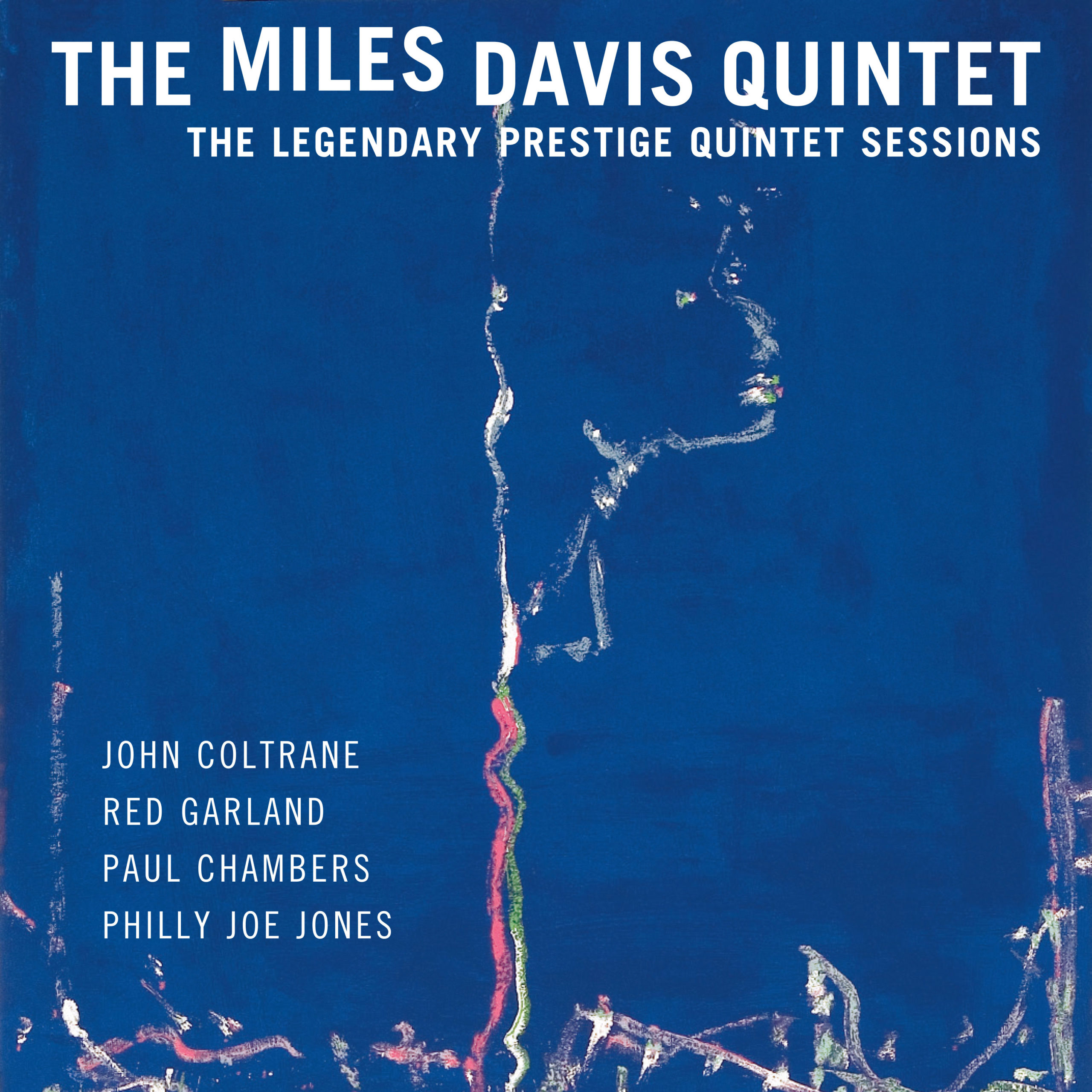
The sessions that fill this box are those where Davis left flirty, speedy bebop behind for slow, hard bop.
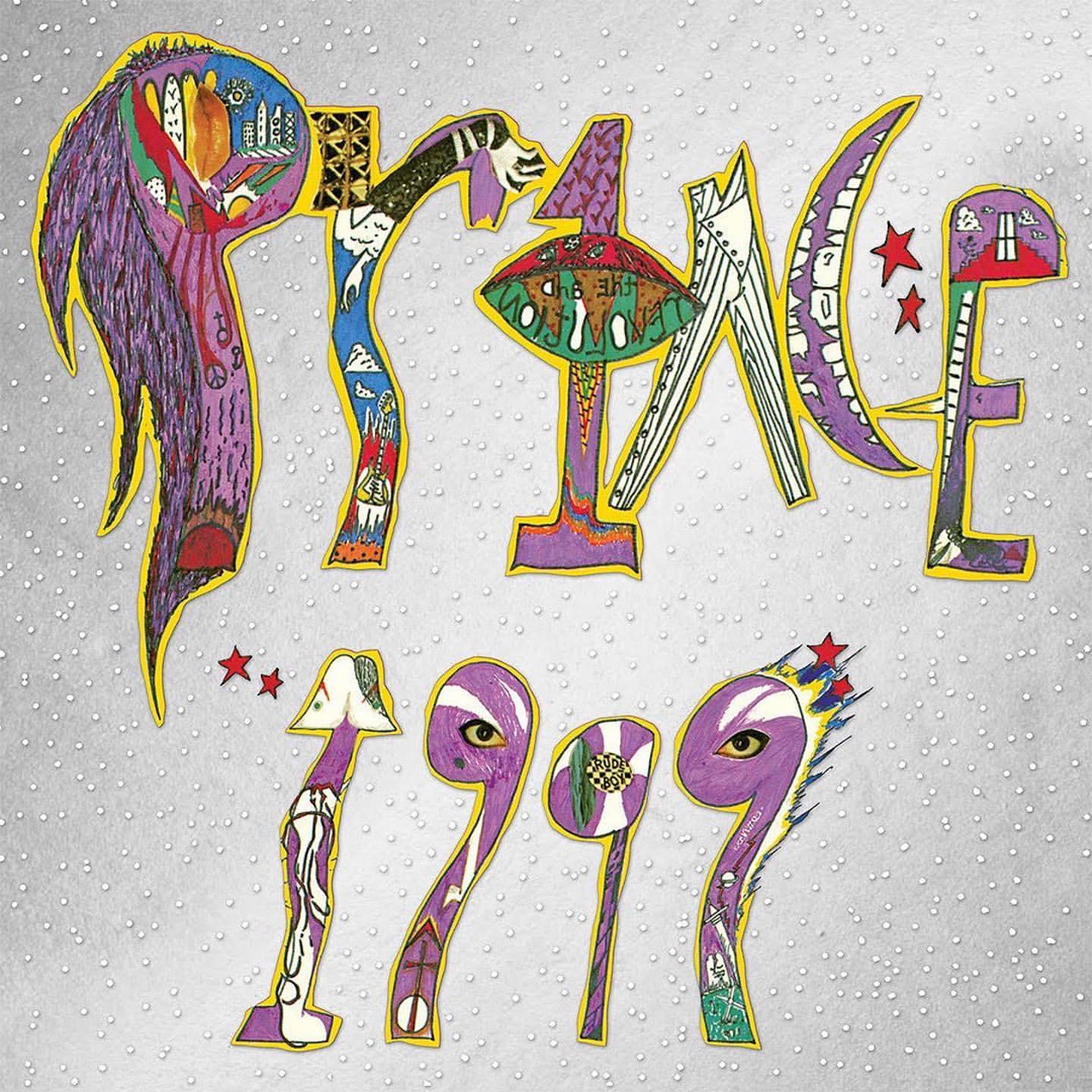
Like the gluttonous Reagan era in which it was born, the new “1999” is explosively opulent and appropriate for the Trump moment in its excess and mess.
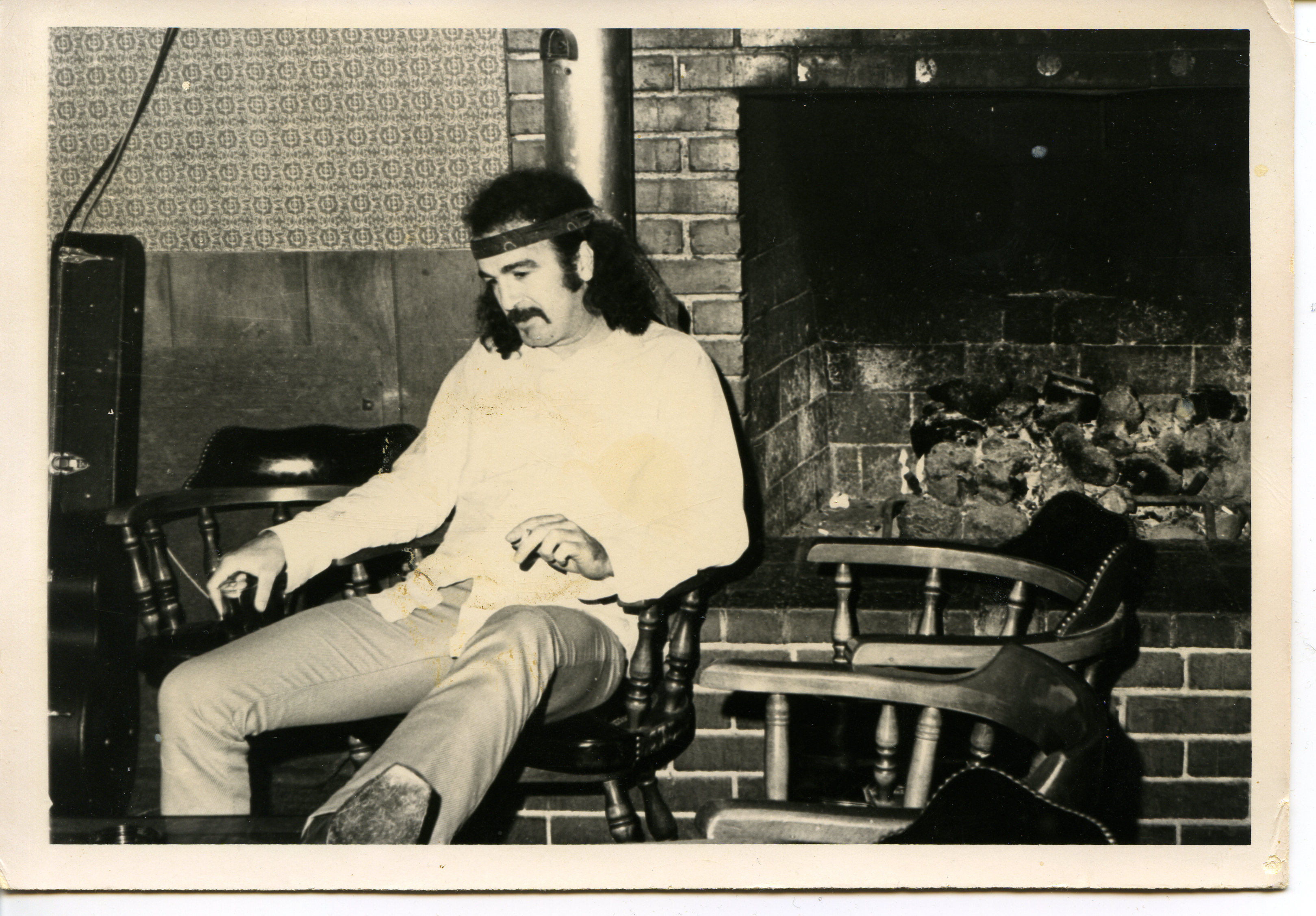
Jim’s son Chris and producer Al Dobbs give their thoughts on the songwriter’s disappearance and why his music lingers on.
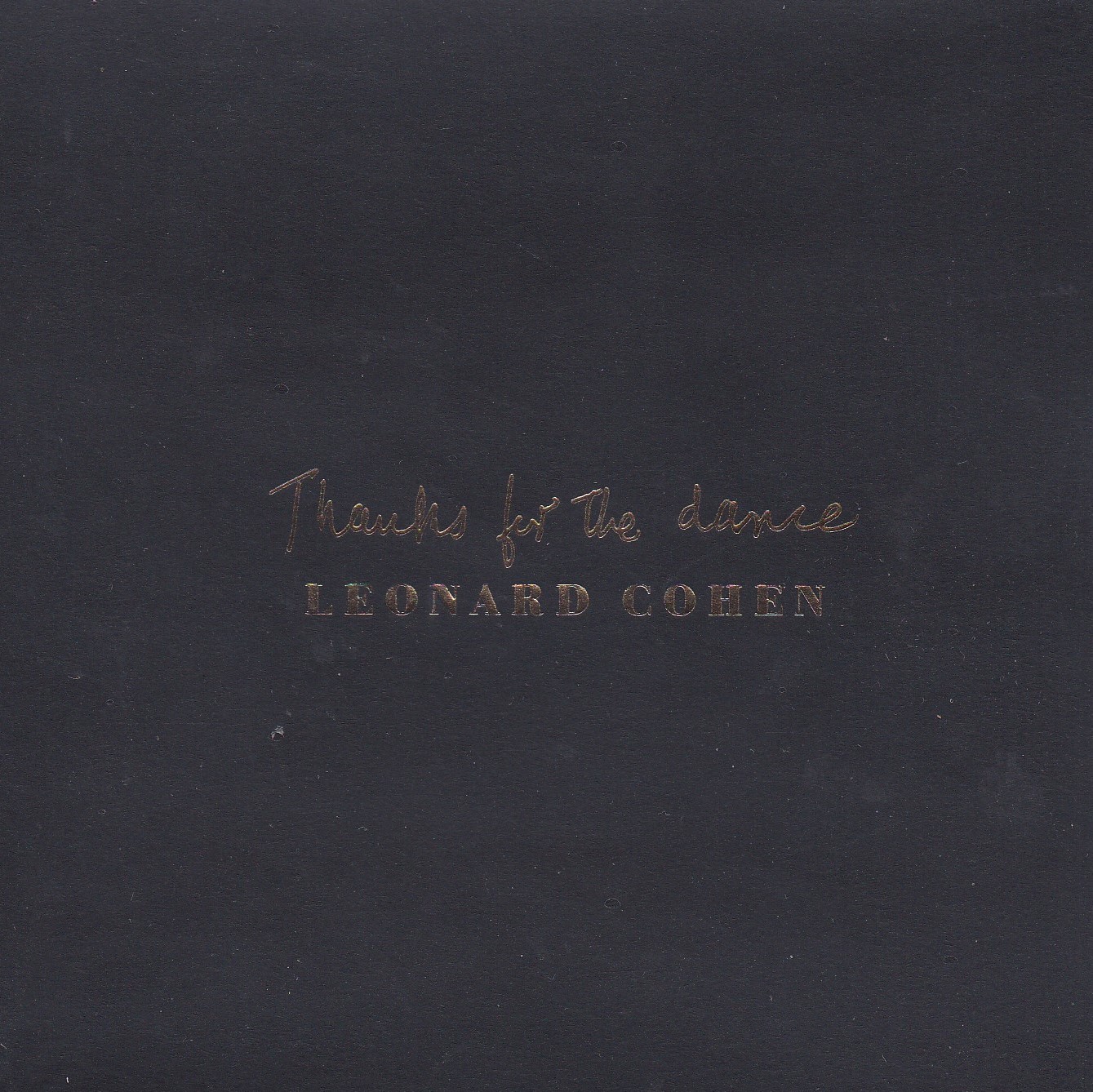
In some ways, it’s more like Adam Cohen’s love letter to his father’s artistry than a final statement from the late poet.

